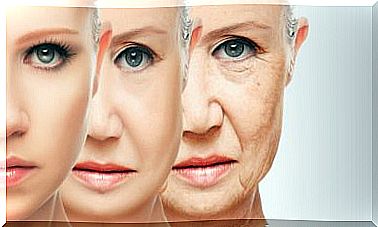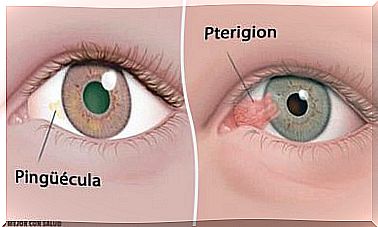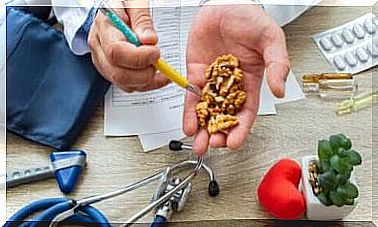Do Home Pregnancy Tests Work?

A pregnancy test works by detecting the hormone Human Chorionic Gonadotropin (HCG), which the body produces when a fertilized egg attaches to the wall of the uterus in early pregnancy. Ideally, home pregnancy tests are done with the first urine of the day. However, a blood test is usually recommended to confirm the existence of the pregnancy.
Blood tests are done in a doctor’s office and detect small amounts of the hormone. So they can quickly tell you whether you are pregnant or not. In general, women come for an appointment after they have been tested at home.
These home tests are the most popular and easiest to do. They are generally inexpensive, can be found at any pharmacy, and are self-administered. However, are they trustworthy?
early pregnancy symptoms

A woman takes a pregnancy test when she suspects its existence. For this, she must experience some of the first symptoms that go beyond the classic delay in menstruation, either for a few days or for one or more consecutive months.
In fact, according to Spain’s Instituto Nacional de Salud, missed periods can be caused by other variables such as diabetes, polycystic ovary syndrome, eating disorders, and even the use of birth control pills. So what are early pregnancy symptoms?
Nausea and/or vomiting
These traditional symptoms can begin anytime between the 2nd and 8th week of pregnancy. This is because of the effects of human chorionic gonadotropin (HCG), although it does not always happen and some women have pregnancies without vomiting.
According to a survey of pregnancy symptoms by the American Pregnancy Association, 25% of pregnant women indicated that nausea was the first sign of pregnancy they noticed.
light bleeding
Light bleeding is known as implantation bleeding. It occurs when the embryo implants in the uterus 6 to 12 days after conception. Some women experience bleeding and cramping, although only 3% of women interviewed identified implantation bleeding as their first symptom.
Home Pregnancy Tests: Take One If You Have Breast Changes
The increase in hormones and the change in the structure of the breasts cause sensitivity in the nipples and breasts, usually starting three or four weeks after conception. About 17% of respondents said this was their first symptom.
frequent urination

The urge to urinate is common during pregnancy. HCG increases blood flow to the pelvic region and also the urge to urinate. This is usually between the 6th and 8th week.
fatigue or tiredness
Because of the increase of the body’s progesterone and stress levels to sustain pregnancy, the women reported that they felt tired in early pregnancy. It’s something that goes away in the second trimester and can return around delivery.
Headaches
Headaches are common during the first trimester of pregnancy. Its main causes are hormones, stress and tension in the body from carrying extra weight.
Home Pregnancy Tests
At any pharmacy, you can purchase a home pregnancy test. These urine tests include a dipstick or a collection container; it all depends on the brand. Generally, you need to follow a few steps:
- Place strip under urine stream for 5-10 seconds. If there is a collection container, urinate inside it and insert the test strip into the container for 5-10 seconds. After this time, the result of the reaction between the strip reagent and the HCG will be shown; it all depends on each kit .
- The test strip can have a window with a plus or minus sign, a single or double line, or other signs that will indicate whether you are pregnant or not. There will be instructions on how to read it.
There are cases of false positives; that is, the test indicates that you are pregnant, although this is not true. This can happen if you have lost the baby soon after the fertilized egg adheres to the lining of the uterus, or if you get a pregnancy test right after fertility treatment.
There may also be erroneous results because of an ectopic pregnancy, menopause, or ovarian problems.
Despite the above, if the results indicate that you are pregnant, make an appointment with your doctor to confirm the pregnancy with a blood test or, if not, to check what is happening to your body.
If you do not have access to any of these scientifically proven tests, there are several tests that, according to popular culture anecdotes, work when Human Chorionic Gonadotropin (HCG) reacts with the compounds. However, there is no scientific evidence in this regard.
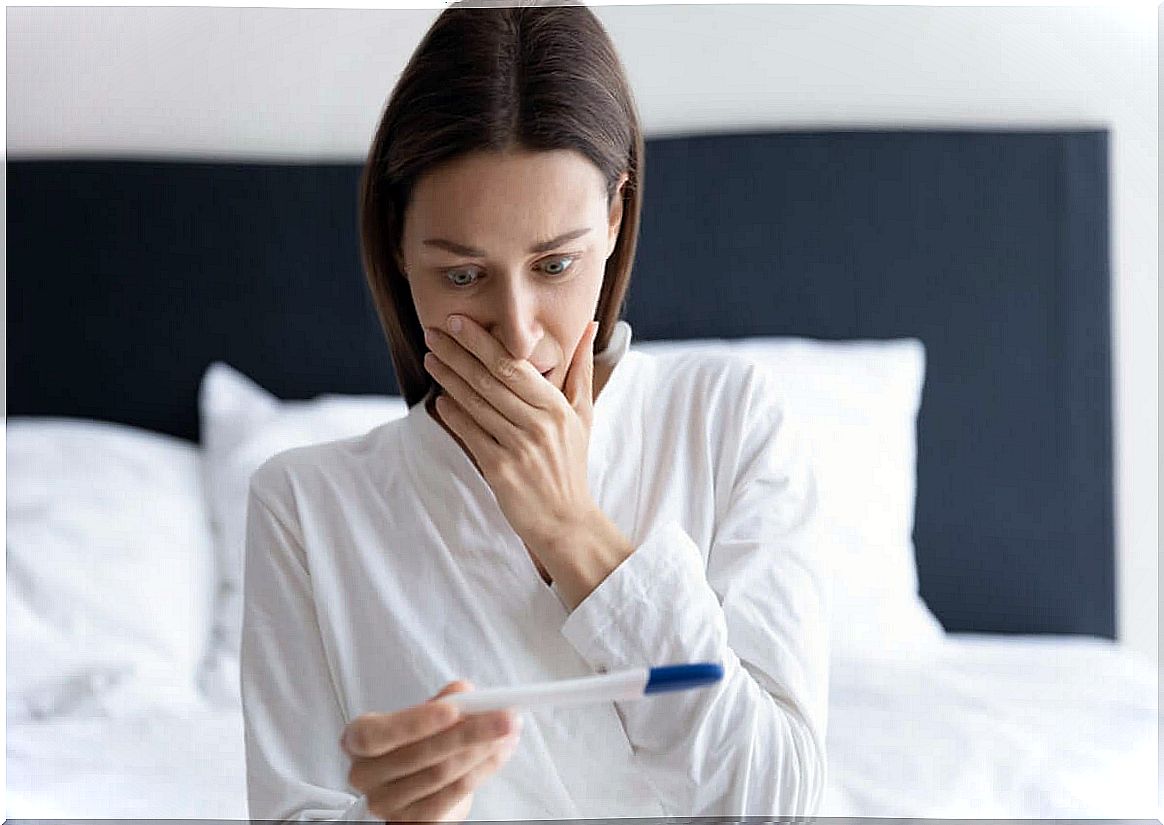
Shampoo, one of the popular home pregnancy tests
Collect the urine in a plastic container and, in another, mix shampoo and water. A soap mix will be created that you should add to your urine and monitor.
If foam forms, the result would be positive. People claim that this test works because the HCG would react with the shampoo and make it bubble up, but science hasn’t shown any of that yet.
Sugar
To use it, put a tablespoon of sugar in a plastic container and also add a tablespoon of urine. If the sugar forms lumps, the result would be positive; otherwise, if it dissolves quickly, it would be negative. This test is said to work because the pregnancy hormone does not allow the sugar to dissolve, but there is no evidence to support this belief.
Toothpaste
To use the toothpaste technique, place the toothpaste in a container and then urinate. The folder must be white because the idea is to see if it turns blue. If that happens, the result would be positive. Popular culture says this test works because toothpaste changes color when it comes in contact with HCG.
Are Home Pregnancy Test Results Reliable?
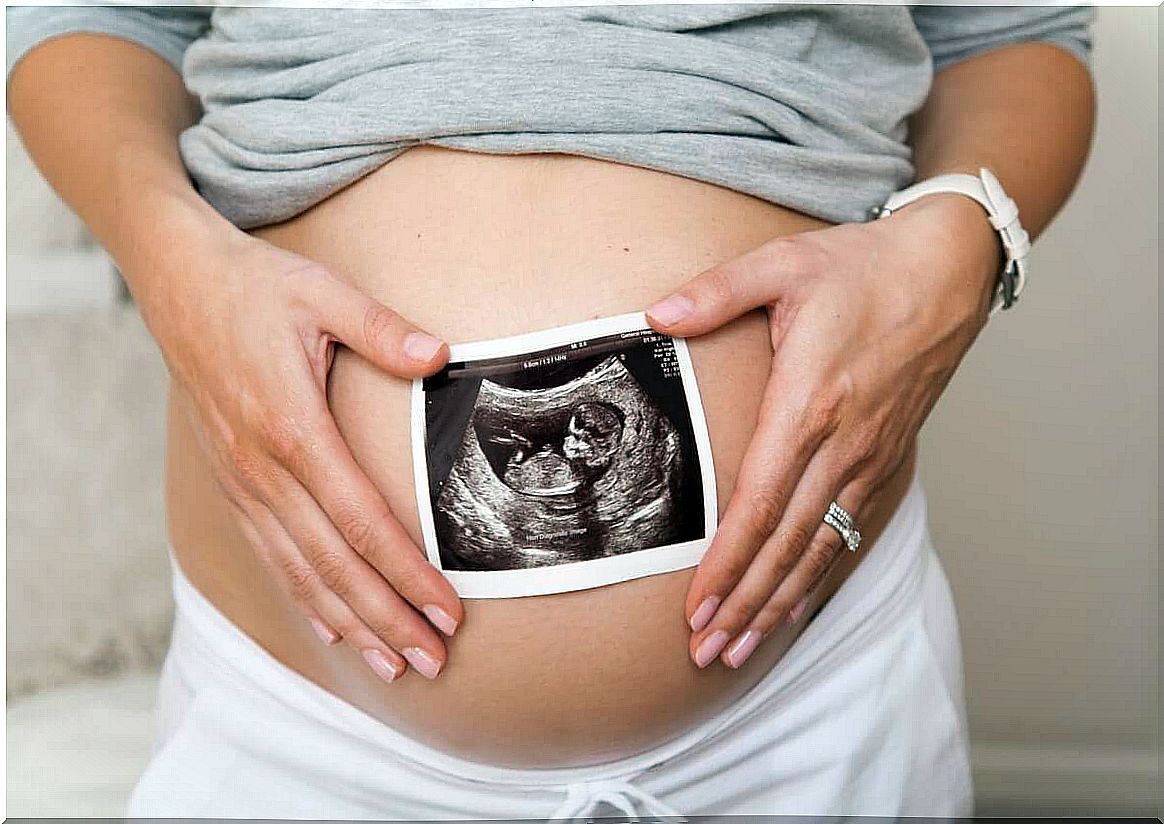
Of course. In general, home pregnancy test results purchased from a pharmacy are reliable. Only in certain situations, like the ones mentioned above, do false positives appear.
On the other hand, the last tests explained are guesses. Science only supports the effectiveness of home pregnancy tests purchased at the drugstore and blood tests. If you experience any of the early symptoms of pregnancy, it is best to get a test done to clear up any doubts and certainly consult your trusted doctor.
